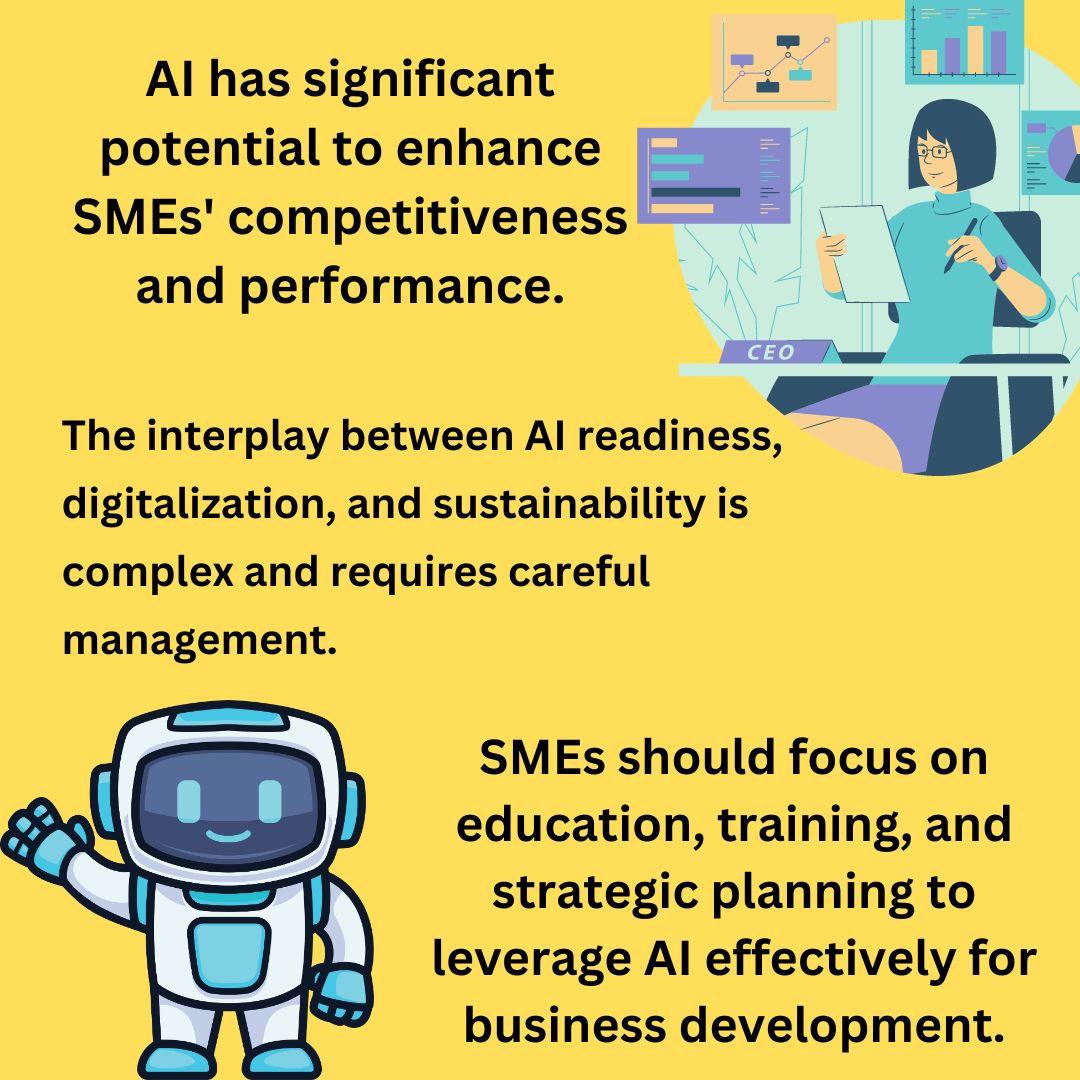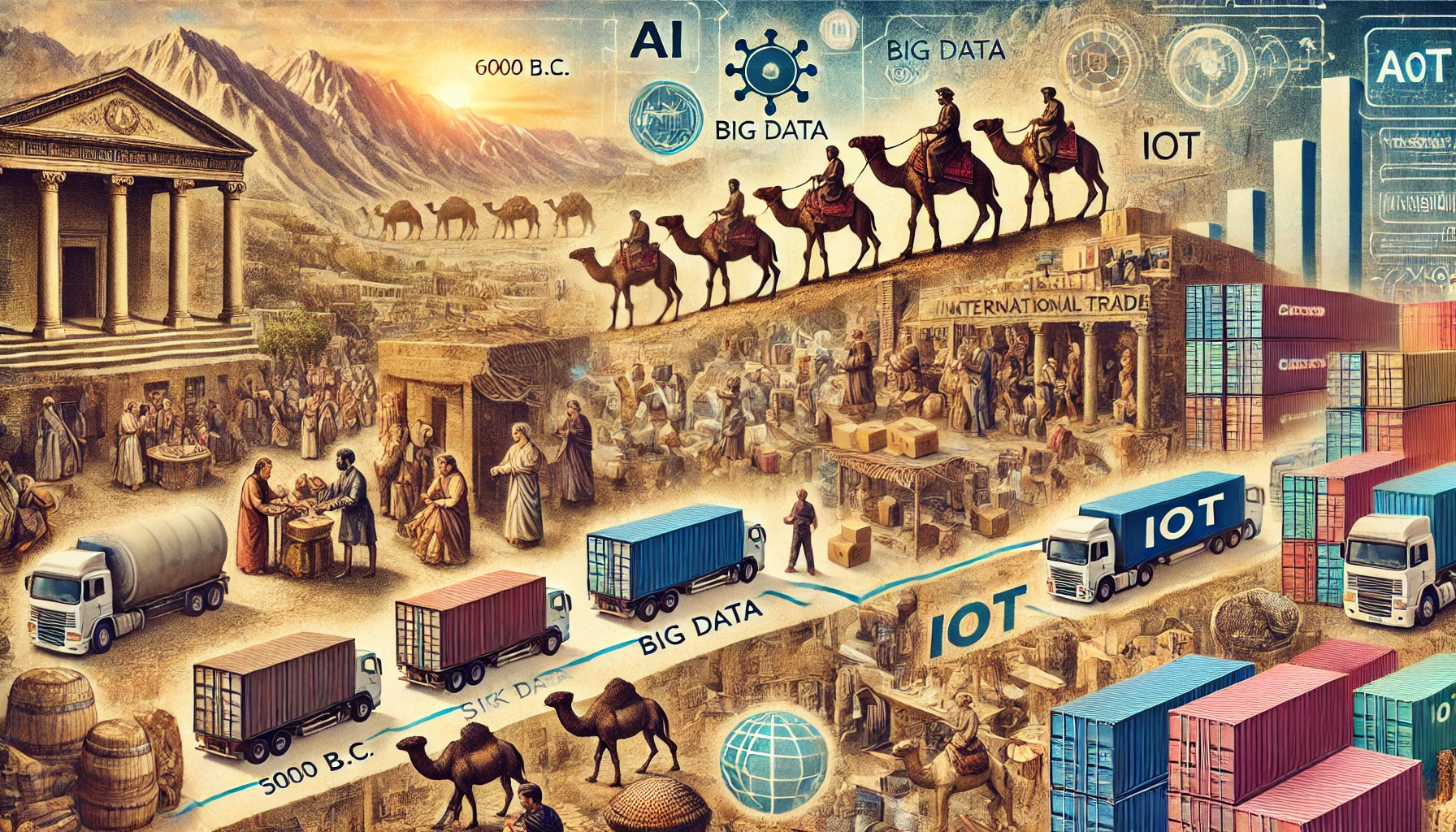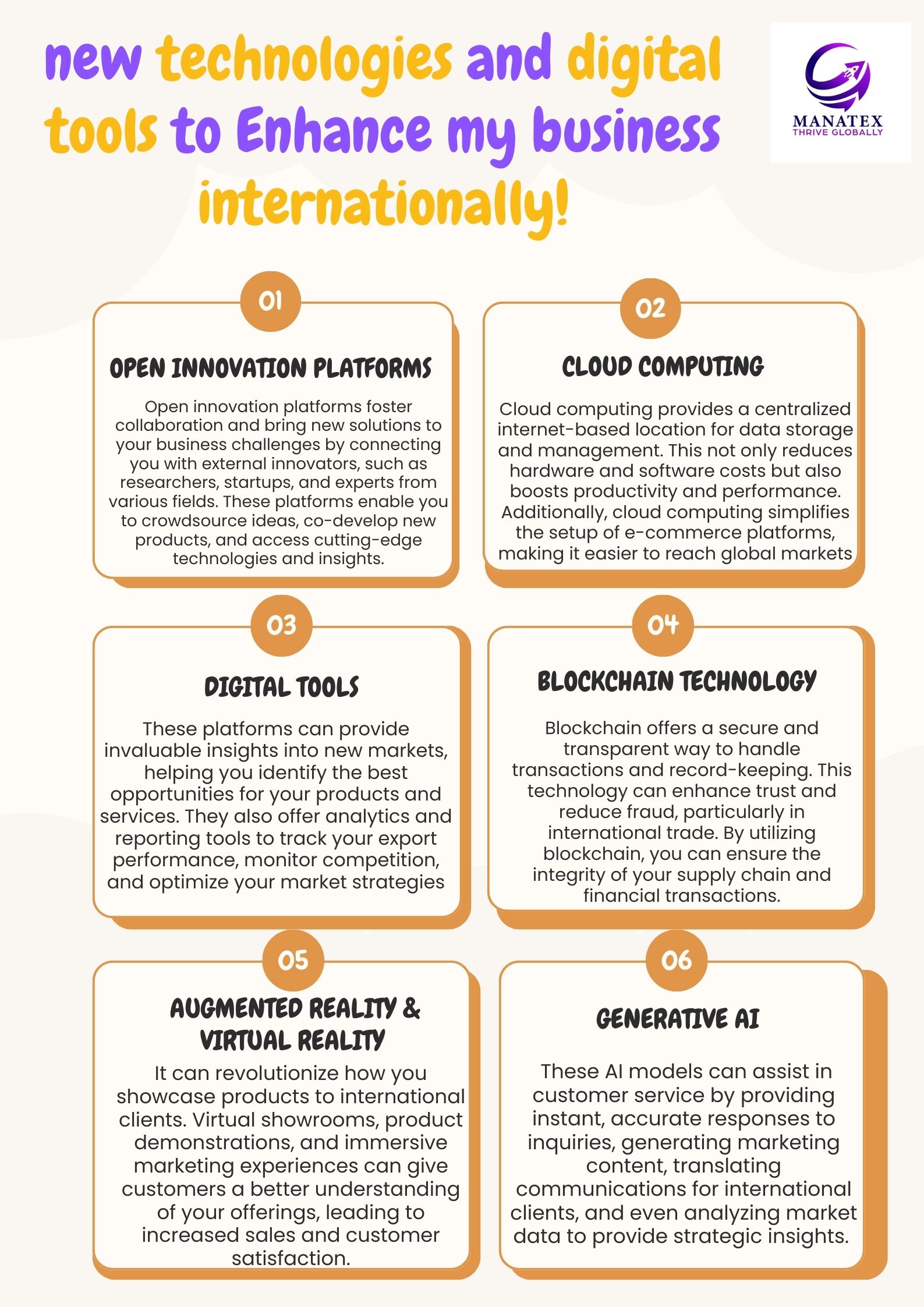The development of small and medium-sized enterprises (SMEs) is key to achieving economic growth everywhere in the world. According to the recent McKinsey report, SMEs’ contribution to the trade business is 66% in emerging markets and 60% in developed countries.
However, we know that SMEs struggle a lot due to the lack of resources, knowledge, and experience. For example, international business continues to stay a difficult territory for them because they often can’t afford both – experienced “in-house” export managers and international business consultants and very often are confused by the complexity and challenges of the internationalization process.
The question is: if the most recent tech and AI can help these companies?
While the business world tries to adopt new technologies and practices, scientists are putting a lot of effort into identifying what works and what doesn’t and publish now about the significance and potential benefits of Artificial Intelligence tools adoption by SMEs.
There are a few examples of the papers published recently:
- A.M. Baabdullah et al., (2021). SMEs and artificial intelligence (AI): Antecedents and consequences of AI-based B2B practices. Industrial Marketing Management 98 (2021), 255–270
The paper provides background on the importance of SMEs and AI in gaining a competitive advantage, leading to an investigation of AI practices in B2B SMEs in Saudi Arabia. The study emphasized the importance of technology readiness, such as awareness and technical infrastructure, in B2B SMEs’ acceptance of AI practices. Additionally, the acceptance of AI practices significantly influenced customer AI-based interactions and financial/non-financial performance.
“It is important to extensively familiarise people with AI practices and increase awareness of their benefits and characteristics. More education and training programs can help to raise the current level of awareness and the value generated from AI practices”
- Lada et al., (2023). Determining factors related to artificial intelligence (AI) adoption among Malaysia’s small and medium-sized businesses. Journal of Open Innovation: Technology, Market, and Complexity 9 (2023) 100144
The paper examines the relationship between various factors and Artificial Intelligence Adoption among SMEs in Sabah, Malaysia, highlighting the significance of Top Management Commitment and Organization Readiness in driving AI outcomes.
Main findings:
– Top Management Commitment (TMC) and Organization Readiness (OR) significantly influence Artificial Intelligence (AI) adoption among SMEs in Sabah, Malaysia.
– Competitive Pressure (CP), Employee Adaptability (EA), and External Support (ES) do not have a significant impact on AI adoption in SMEs in Sabah.
– The study emphasizes the importance of focusing on and enhancing TMC and OR practices to improve AI outcomes in SME organizations.
- Denicolai et al., (2021). Internationalization, digitalization, and sustainability: Are SMEs ready? A survey on synergies and substituting effects among growth paths. Technological Forecasting & Social Change 166 (2021) 120650
The paper discusses the importance of internationalization, digitalization, and sustainability as key growth paths for SMEs, confirming that Artificial Intelligence readiness positively influences international performance and that digitalization and sustainability become competing growth paths when the firm internationalizes.
Main findings:
– Artificial Intelligence readiness positively influences the international performance of SMEs.
– Artificial Intelligence readiness and sustainability readiness are correlated when taken alone, but they become competing paths when the firm internationalizes.
– Sustainability readiness may alter the positive effect of AI-readiness on export intensity, acting as a moderator.





